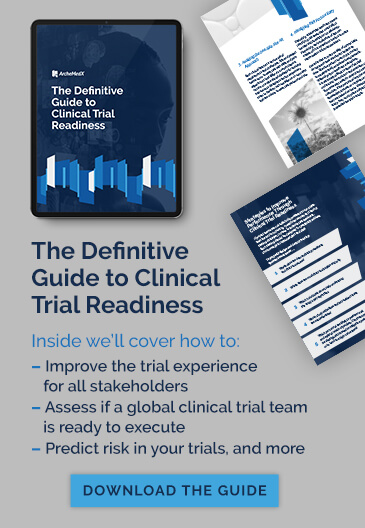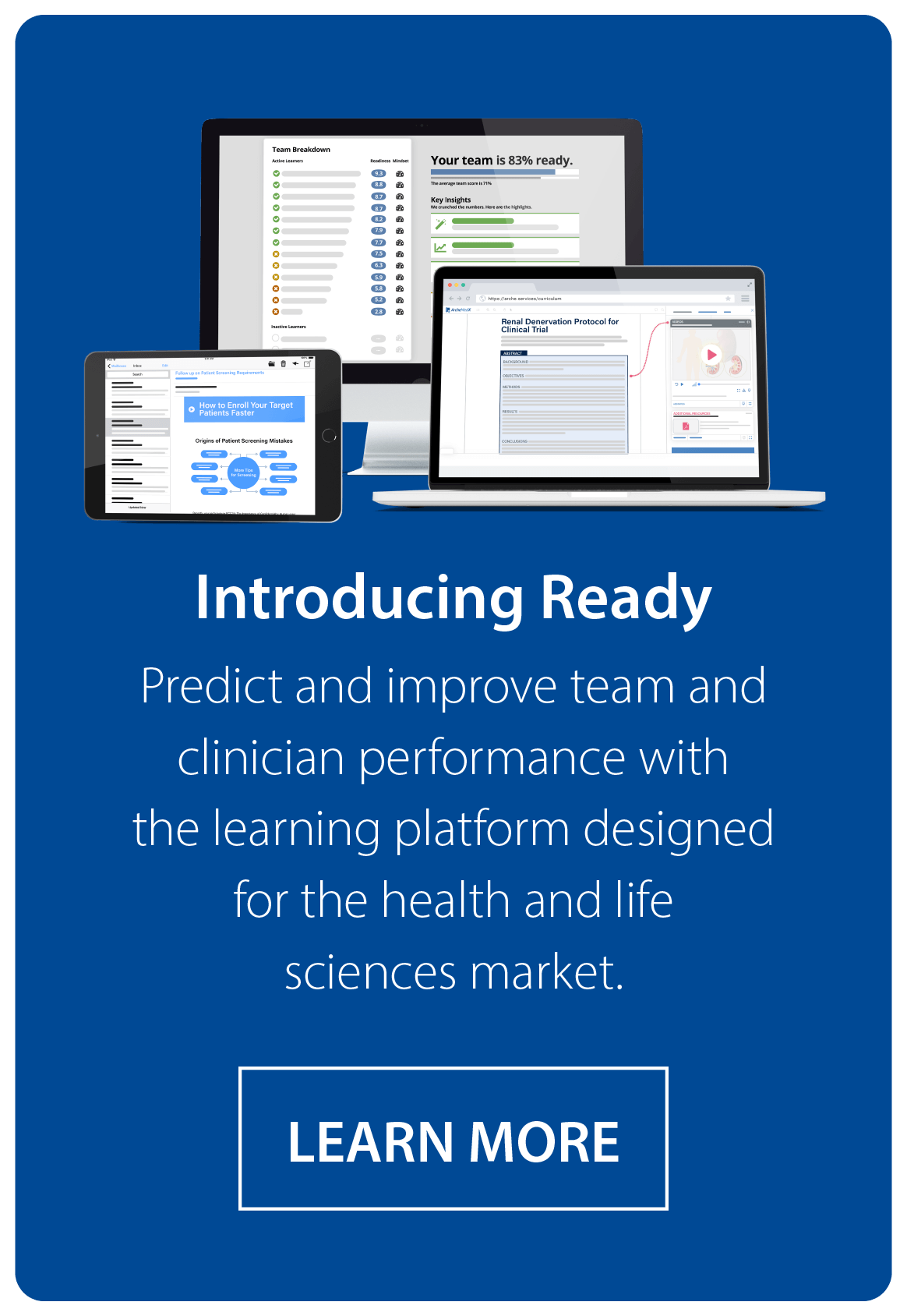While industry media are reporting that some clinical trials that had been paused are restarting, much of our industry remains stalled due to COVID-19. If you’re among those still in limbo, you may be struggling with how to prioritize your time right now to prepare for restarting. We’ve put together some suggestions designed to significantly reduce the impact of future threats to clinical trial operations.
Determine what worked and what didn’t.
Start by acknowledging that we’ve all received a wakeup call. We’ve been brutally reminded of how agile we need to be to protect important research. We know we need to work on strengthening our contingency plans. Start by asking yourself, “Where did my plans hold up, and where did they fail?”
For years, there has been a great deal of talk about moving to digital solutions. Yet people hold fast to old ways of doing things and comfortable processes. After all, trying new things can be difficult, especially when the pace of activity is as fast and relentless as it is during a clinical trial. Unfortunately, the current crisis has shown us that there is a cost to not evolving and adapting, and it can be huge. We need to use this disruption to embrace new technologies and claim the value that they offer.
For example, are there opportunities to use more digital asynchronous components to speed up and focus the site initiation process? Is it possible that asynchronous investigator meetings or training could be a way to keep things moving? It’s possible that many of your existing processes are ripe for a digital overhaul. Considering this now may pay off in the short term if we are hit with another spike in COVID-19 activity. Better yet, you may find enormous cost and time savings in the long term and be better prepared for whatever comes next.
Assess what your needs are.
What additional technology do you need to put in place to mitigate future disruptions and help ensure that trials can continue? In considering, ask yourself these questions:
• What activities are currently delivered in person that will need to be transitioned to a remote or virtual process and what information will I need to deliver via alternative means?
• How will I ensure my staff and sites are adequately prepared to conduct the trial and evaluate team performance if people cannot meet in person?
• What systems could I use to deliver high-quality, consistent, asynchronous information and how will I ensure that staff and sites understand critical changes to the protocol?
• If my site staff isn’t able to see patients, what additional skills do they require to execute the protocol? How will I equip them with these additional skills?
• Will there need to be additional roles or personnel involved in the conduct of the study? If so, what will be the best way to onboard them remotely?
Commit to communication.
Don’t make the mistake of undervaluing effective communications. Consider that every change you make must be supported by communications with your project team, your site staff, and your patients. There’s skill involved in effective communications, particularly in effective, patient-centric communications, and now, when communications must replace actual patient contact in many cases skillful communications are more important than ever. It’s wrong to assume that nurses, study coordinators, and doctors are all naturally adept at delivering the important messages that support your clinical trial. At least some subset of these people will need help in developing communication skills. Providing relevant training in this area is an important step you can take now while your trial is paused.
For example, are there ways you can help equip sites with what they need to communicate to patients? Handing sites a thought-out communication process with talking points or content approved by you could set them up for success when your trial picks back up.
Fill the gaps where you find them.
Communications training is just one element of a larger improvement plan you might develop for your staff. What other skills need to be developed or honed to facilitate high performance under unusual circumstances? What is your team ready to do right now? Where are there gaps in their capabilities? If you don’t know the answers to these questions, consider how will you go about assessing your team?
Address those gaps by putting additional learning in place, especially as concerns key changes you expect to make in your protocols and procedures.
Most importantly, while navigating today’s challenges, proactively invest in moving forward with confidence that contingency plans have been bolstered and technology implementation has been optimized. No one wants to repeat the lessons we’re learning right now.
ArcheMedX can help.
Need advice on where to focus first on equipping sites, investigators, your study team, or patients? We can help you discover ways to optimize processes with digital solutions. Reach out to us at ArcheMedX now.






